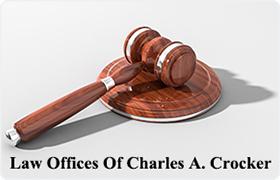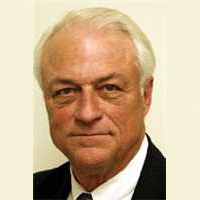 La Marque Wills & Probate Lawyers, Texas
La Marque Wills & Probate Lawyers, Texas
Sponsored Law Firm
-
 x
x

Click For More Info:
-
Law Offices Of Charles A. Crocker
1770 Saint James Place Suite 601 Houston, TX 77056» view mapEstate Law Treating People With Integrity & Respect
The cornerstone of my success is the quality relationship which I maintain with clients. I focus on intelligent legal representation & pledge to listen & communicate with clients.
800-884-5920
Includes: Estate Administration, Living Wills, Wills
Lawyers
1-5 of 5 matches
Personal Injury, Criminal, Estate Planning, Wills, Immigration
Wills, Litigation, Real Estate, Commercial Real Estate



 Charles A. Crocker Houston, TX
Charles A. Crocker Houston, TX Practice AreasExpertise
Practice AreasExpertise